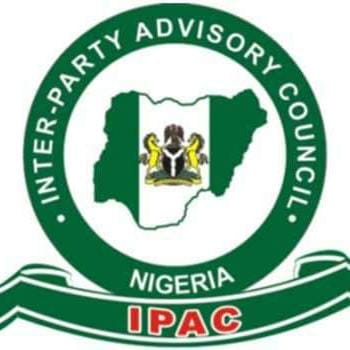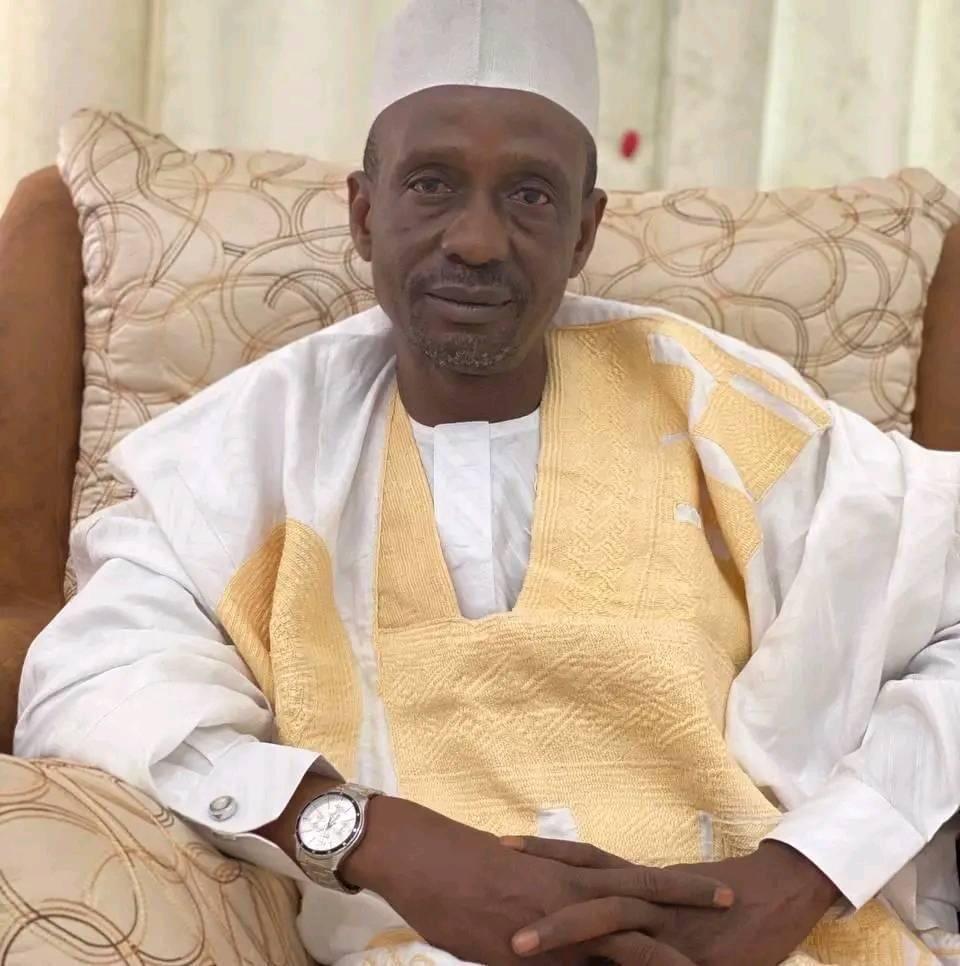By Ahmed Rufa’i, Dutse
The Jigawa state chapter of the Inter Party Advisory Council of Nigeria (IPAC) has called on the Jigawa State Independent Electoral Commission (JISIEC) to conduct bye election to replace late the councilor in Gumel local council.
The call was made by the chairman of the council, Comrade Murtala Musa Galamawa while briefing newsmen at the council’s secretariat in Dutse, the Jigawa state capital.

The chairman expressed dismay that the commission has failed to organize and conduct a bye election to replace the councillor that died in Gumel local government Area.
Comrade Galamawa also expressed disappointment with the electoral umpire for inviting them to a stakeholders meeting in preparation for the bye election only to embarrass their members as they failed to show up at the venue of their own event.
The IPAC chairman accused the state’s electoral body of high level of lackadaisical attitude and lack of commitment to carrying out its constitutional role of preparing and conducting all elections in the local councils in the state.
“Gentlemen of the press we called you this time to expressed our dismay at the embarrassment we received from JISIEC this afternoon”.
“JISEC formerly invited us for a meeting on the plans and preparations for the conduct of a bye election in Gusau political ward in Gumel local government area where a councillor died some times early January”.
“It is a welcome development, with pleasure and courage 14 of us out of 18 political parties here in JIgawa state arrived in good time.
“Though we found no body in the venue including the host for the meeting, surprisingly we waited for hours but nobody from JISIEC showed up, after some hours we left.
“This is very disappointing, it is embarrassing, it is unfortunate, we are not happy and we must expressed it here”.
IPAC therefore called on JISIEC to be serious, dedicated, committed and sincere in the discharge of their constitutional duty.
He also called on governor Mohammed Badaru Abubakar of the state to investigate the commission and ensure the agency is alive to its mandate by conducting the Gusau ward bye election without further delay.




